Product pictures
| Amount Per 8 oz | |||
| Calories | 110 Kcal (461 kJ) | ||
| Calories from fat | 0 Kcal | ||
| % Daily Value* | |||
| Total Fat | 0g | 0% | |
|---|---|---|---|
| Sodium | 30mg | 1% | |
| Total Carbs | 28g | 9% | |
| Sugars | 27g | 108% | |
* Percent Daily Values are based on a 2000 calorie diet. Your daily values may be higher or lower depending on your calorie needs.
Find out how many calories should you eat.
Ingredients And Nutrition Overview
Best
choice Good
choice Poor
choice Avoid
it!
choice Good
choice Poor
choice Avoid
it!
-
WeightWatchers Points: 2.4, PointsPlus: 3, SmartPoints: 6
WeightWatchers Points are estimated by carbohydrates, fats, protein and fiber in product. They are not an affirmation of better quality or nutritional value of the product or its manufacturer. Only way to count for dieters. Less points are better.
Read more at Weight watchers diet review -
Convert Salt tsps to Sodium mg easily
Salt (NaCl) is not excactly sodium (Na).
It is not right to use these terms as synonyms.
The FDA recommended limit of sodium is 2,300 mg per day (or even less - about 1500 mg while one is on low sodium diets).
This is much less than the weight of salt.
(5,750 mg per day or 3,750 mg for low sodium diet) and not so convenient to calculate.
Know how much sodium is in your salt - without a calculator:
1/4 tsp salt = 600 mg sodium
1/2 tsp salt = 1200 mg sodium
3/4 tsp salt = 1800 mg sodium
1 tsp salt = 2300 mg sodium -
11 tsp of sugars per serving
This volume includes both naturally occurring from ingredients and specially added sugars.
USDA tells us that last years each American consumed an average 130 pounds of caloric sweeteners per year!
That works out to 30 tsp of sugars per day approximately 480 extra calories!
Just to think: Eating just 200 more calories daily than your body requires for body functioning and exercise leads to a 20-pound weight gain in a year. -
For dieters: FoodPoints value is 3
* FoodPoints are calculated by Fooducate based on fats, carbs, fiber, and protein. They are not an endorsement or approval of the product or its manufacturer. The fewer points - the better.
-
Contains high fructose corn syrup
High fructose corn syrup (HFCS) is a highly processed ingredient manufactured from surplus corn, and yielding a cheap replacement to table sugar. In the early 1980’s many food manufacturers started using it instead of sugar as a cost cutting measure. That’s about the same time obesity rates started to skyrocket in the US. Most scientists agree that HFCS is no better and no worse than plain sugar, though some newer studies seem to find the two affect the metabolism differently. Consumption of both should be drastically limited. ---- Sources: Bray GA, Nielsen SJ, Popkin BM. Consumption of high-fructose corn syrup in beverages may play a role in the epidemic of obesity. Am J Clin Nutr. 2004;79(4):537-43. Berkey CS, Rockett HR, Field AE, Gillman MW, Colditz GA. Sugar-added beverages and adolescent weight change. Obes Res. 2004;12(5):778-88. Johnson RJ, Segal MS, Sautin Y, Nakagawa T, Feig DI, Kang DH, Gersch MS, Benner S, Sánchez-Lozada LG. Potential role of sugar (fructose) in the epidemic of hypertension, obesity and the metabolic syndrome, diabetes, kidney disease, and cardiovascular disease. Am J Clin Nutr. 2007;86(4):899-906. Schulze MB, Manson JE, Ludwig DS, Colditz GA, Stampfer MJ, Willett WC, Hu FB. Sugar-sweetened beverages, weight gain, and incidence of type 2 diabetes in young and middle-aged women. JAMA. 2004;292(8):927-34. Ludwig DS, Peterson KE, Gortmaker SL. Relation between consumption of sugar-sweetened drinks and childhood obesity: a prospective, observational analysis. Lancet. 2001;357(9255):505-8. James J, Thomas P, Cavan D, Kerr D. Preventing childhood obesity by reducing consumption of carbonated drinks: cluster randomised controlled trial. BMJ. 2004;328(7450):1237.
-
Contains artificial flavors. Learn why
Companies add artificial flavors to products to make them taste better. They are created in a lab and the formulations are guarded as trade secrets. Flavorings can compensate for flavor loss during processing, substitute for ingredients, lower production costs and increase shelf stability. Artificial flavorings are cheaper to source than natural flavors and are perceived as "worse" than natural flavors. They are more stable (and usually less chemically complex) than natural flavors. Artificial flavors are not necessarily bad for you from a health perspective. however, people with food sensitivities or allergies may want to avoid artificial flavors if they are unnamed. You can always contact the manufacturer for more information.
-
Natural flavors added. Learn why
Companies add flavorings to make products taste better. They are created in a lab and the formulations are guarded as trade secrets. Flavorings can compensate for flavor loss during processing, substitute for ingredients, lower production costs and increase shelf stability. Natural flavorings are more expensive to source than artificial flavors, but tend to be better received by consumers. People sensitive to MSG, vegans, vegetarians and those with allergies should pay special attention to the phrase "natural flavorings" since glutamates, animal products or allergens may be the source of natural flavors. You can always contact the manufacturer for more information.
-
Deciding regular or diet? Learn more
Click on the link to read about the pros and cons of regular soda vs diet soda.
You Might Also Like
% RDI of Main Nutrition Facts
6%
of RDI* (110 calories) 226.8 g
-
Cal: 5.5 %
-
Fat: 0 %
-
Carb: 9.3 %
-
Prot: 0 %
-
0%25%75%RDI norm*
Calories Breakdown
- Carbs (100%)
Get Your Recipe of Health!
Follow RecipeOfHealth on Facebook!

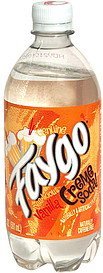
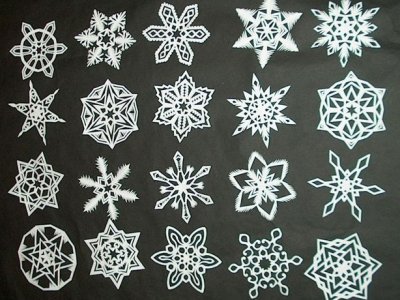
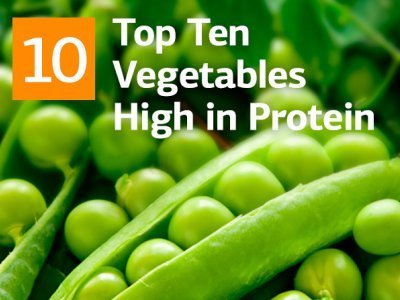





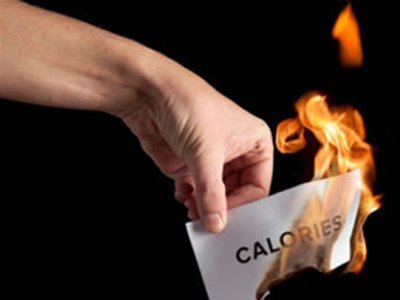

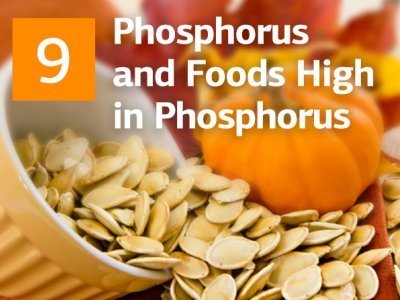
Add your comment